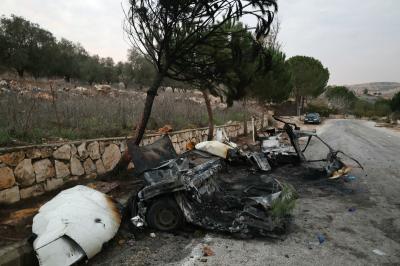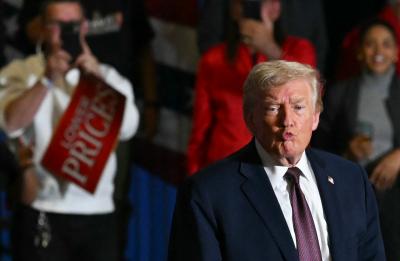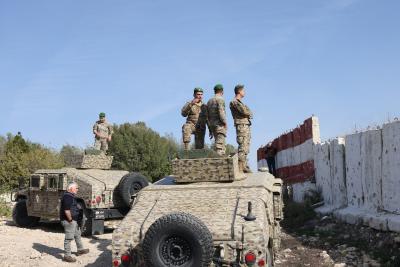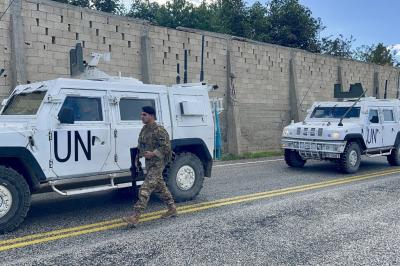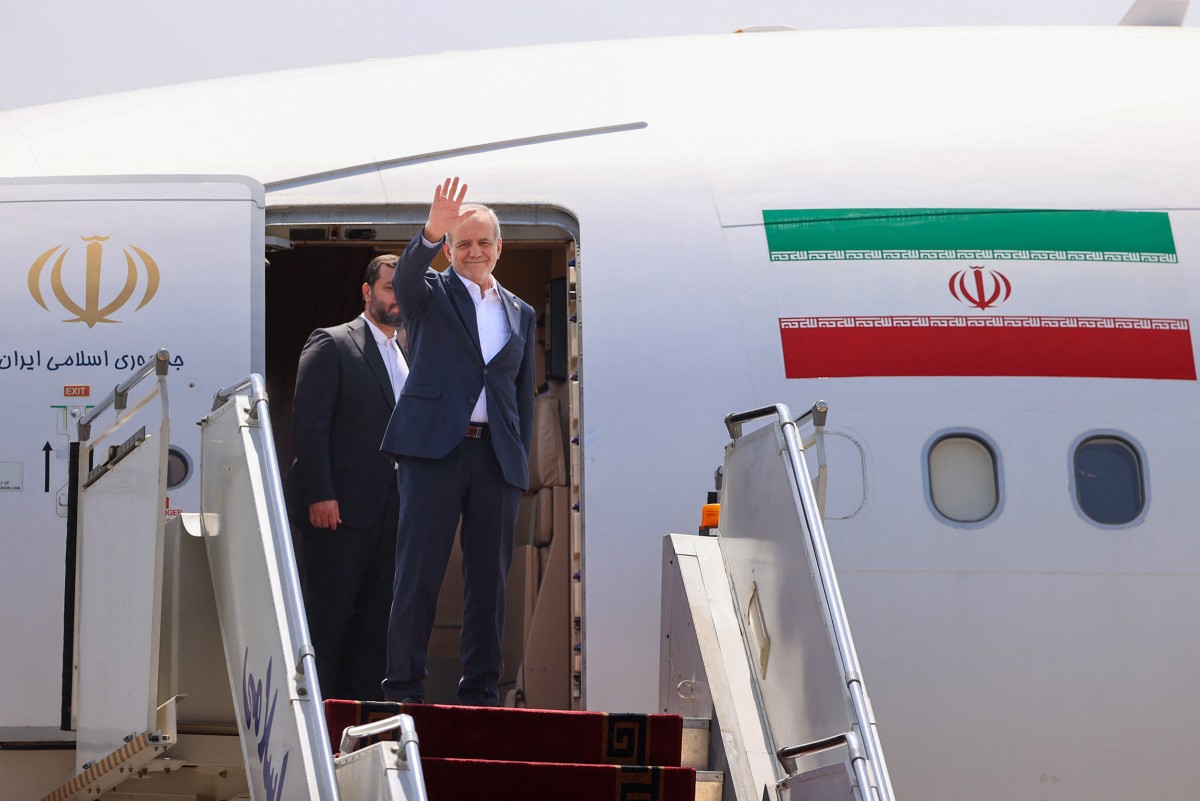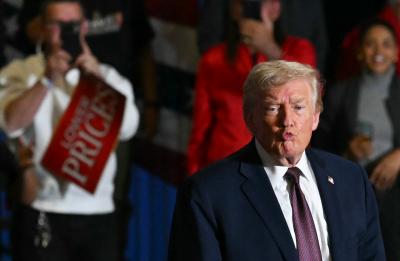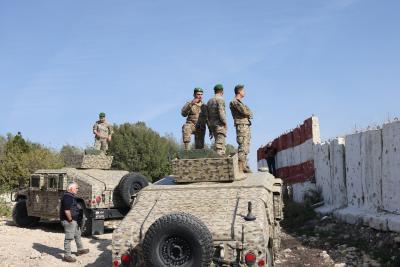The revival of European-Iranian negotiations does not appear poised to yield any serious breakthrough on the nuclear issue. Instead, pressure continues to mount on Tehran to return to the American “house of obedience,” particularly in light of recent U.S. strikes against Iranian positions, all under the looming threat of European reimposing sanctions.
France, Britain, and Germany have openly declared that they may reactivate United Nations sanctions against Iran through the “snapback mechanism” if Tehran does not return to negotiations and accept a peaceful nuclear program that halts uranium enrichment.
Stripping Tehran’s Allies of the Veto
The snapback mechanism, enshrined in the 2015 Iran nuclear deal and codified in UN Security Council Resolution 2231, allows any signatory to notify the Council if Iran is deemed non-compliant. This triggers a month-long negotiation period, after which, if the Council fails to extend the suspension of pre-deal sanctions, those sanctions are automatically reinstated—without a vote. This effectively strips Iran’s allies of their veto power.
The mechanism, set to expire on October 18, was designed to prevent endless negotiations. Yet it now places the time pressure squarely on the Europeans as much as on the Iranians.
Should the mechanism be triggered, the UN would reimpose six Security Council resolutions adopted between 2006 and 2010. These included sweeping restrictions such as a conventional arms embargo, curbs on ballistic missile activities capable of carrying nuclear warheads, and measures like asset freezes, travel bans, and restrictions on shipping, insurance, and technology transfers. All of this would compound existing U.S. sanctions that already strangle Iran’s economy and energy exports. Military imports in particular would take a heavy hit.
In response, Iran has sought to delegitimize the Europeans as negotiating partners. Tehran argues that since the Europeans themselves failed to honor their commitments under the 2015 accord, they lack the authority to invoke the snapback. Iranian officials warn that the E3—France, Britain, and Germany—could pay a steep price, with the threat of being excluded from any future deal that could involve investments worth trillions.
Behind the negotiations, Iran is preparing for the worst. Officials insist that the cost of war is lower than the cost of surrender, and they keep on the table the option of withdrawing from the Nuclear Non-Proliferation Treaty altogether if matters deteriorate dramatically. For Tehran, neither Washington’s signals nor those of its allies are reassuring.
American Conditions and Threats
In Washington, voices aligned with Israel are pressing for a hard line, demanding that the sole purpose of talks be the complete dismantlement of Iran’s nuclear program, alongside curbs on Tehran’s regional role and that of its allies. These hawks reject any reliance on what they call “illusions” of diplomacy with Iran, and they want negotiations governed by the harsh lessons of war rather than what they view as the naïve approaches of the past.
Their demands call for sweeping Iranian concessions upfront, opposing even the start of talks without them. Yet, however far President Donald Trump bends to these pressures, his administration’s strategy has shifted. It now aims to avoid what Republicans consider Barack Obama’s great mistake: beginning with “zero enrichment” as a red line, then gradually retreating, resulting in the 2015 Joint Comprehensive Plan of Action (JCPOA), which effectively legitimized enrichment, ignored Iran’s military build-up, and freed up billions in sanctions relief.
Hardliners argue that had Trump not withdrawn from the JCPOA, and had the latest war not broken out, Iran might already possess a nuclear weapon. The International Atomic Energy Agency disputes this, and in March U.S. intelligence chief Tulsi Gabbard testified that her agencies had found no evidence Iran was actively pursuing a bomb.
The debate is unfolding against a backdrop of American threats amplified by Israel’s Prime Minister Benjamin Netanyahu. Fighting for political survival, Netanyahu has doubled down on military campaigns while pushing for tougher terms in any future deal. His demands are summed up in what he calls the “three zeros”: zero enrichment, zero heavy water reactors, and zero fissile materials. This extends to full compliance with UN resolutions, dismantling sites such as Fordow, ending heavy-water production, granting inspectors unfettered access, imposing legal accountability, enforcing strict controls on dual-use technology, and curbing ballistic missile development.
Fresh from claiming victory in his latest war with Tehran, Netanyahu has added new red lines: dismantling all missile production facilities, eliminating stockpiles, halting the development of launch systems capable of carrying nuclear warheads, including intercontinental ballistic missiles that could strike the United States. He also demands an end to Iran’s support for “terrorism” or proxy warfare—a broad formula that touches conflicts from Gaza and Lebanon to Syria, Iraq, Yemen, and Iran itself.
The Demands on Iran
In essence, the demands coming from Washington and its allies today can be distilled into one goal: the next agreement must dismantle the three pillars of Iran’s nuclear weapons capability. That means eliminating all enriched uranium, centrifuges, and enrichment sites, coupled with full disclosure and termination of warhead design work, related research and development, and any residual weapons infrastructure. At the same time, Iran’s ballistic missile program must be entirely dismantled and placed under strict international monitoring.
Yet Tehran is not heading to the table with a white flag. Trump believes recent military strikes have rolled back Iran’s nuclear and military projects by years, but the Iranians, mired in a deep economic crisis, show no signs of capitulation.
On the contrary, they are likely to stiffen their position, convinced that their regime faces existential threats. A counter-offensive in diplomacy could make the reimposition of UN sanctions a reality and plunge the region into unpredictable scenarios—the worst being an outright war like in recent weeks, the best being a precarious status quo that maintains fragile stability without progress toward a settlement, and certainly not the peace Trump envisions.
Please post your comments on:
[email protected]
 Politics
Politics
